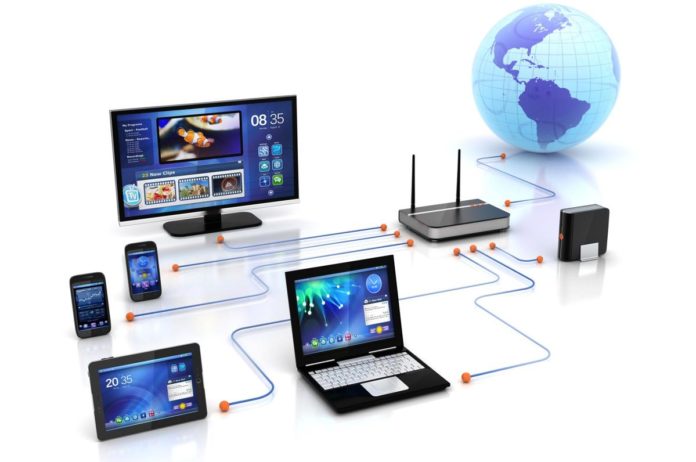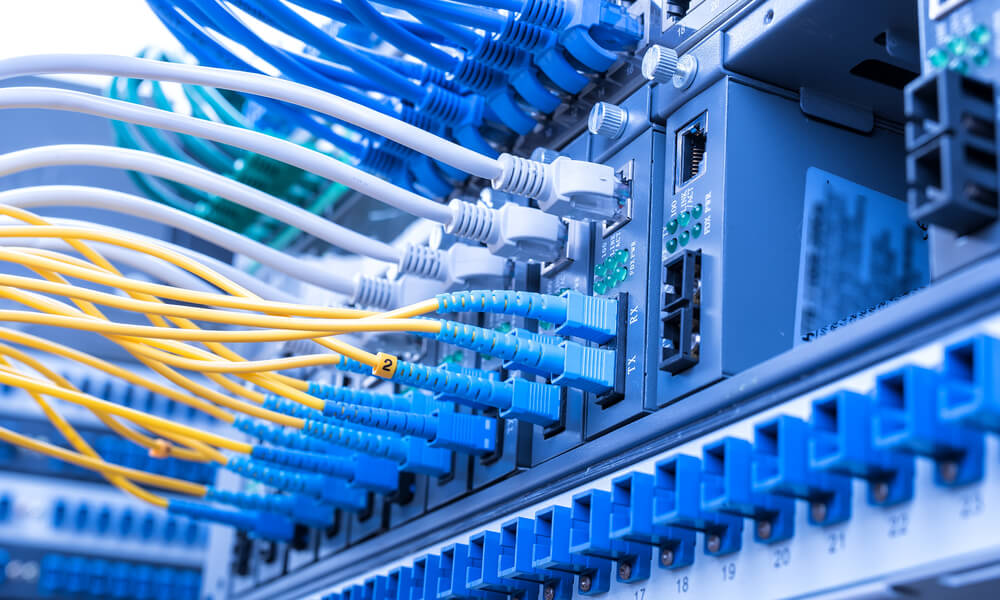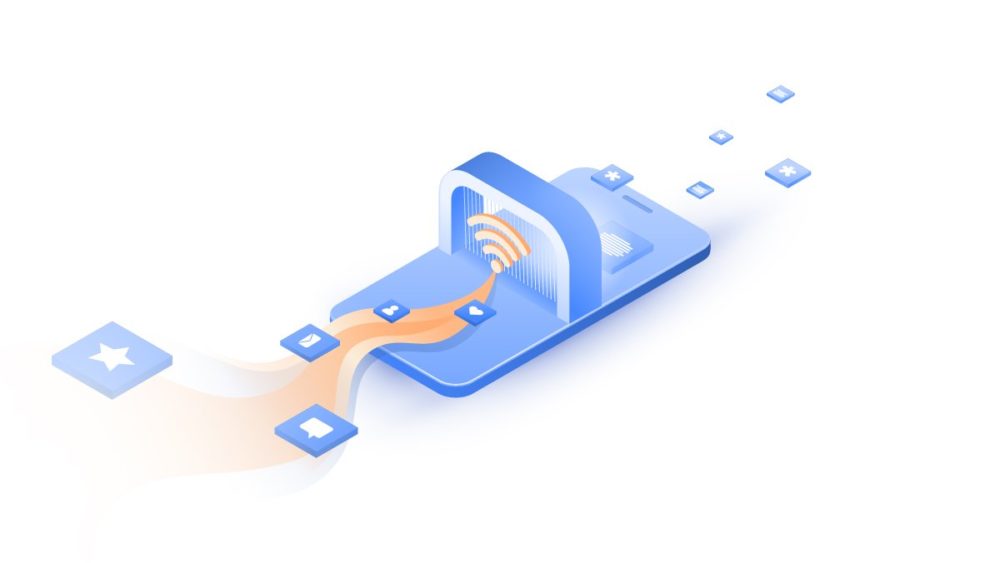
You may have heard many people discuss the conspiracy of hidden fees that your internet service provider charges you quietly along with your connection fee. To be fair, there is no such thing going on because when you subscribe to an ISP’s internet plan they are legally required to disclose all the fees that would apply to your monthly bill as well as the fees that will be charged upfront once.
The calls are recorded for quality assurance so even the agents do not try to skip over these fees to trick you into buying because it can cost them their job. So, you can rest assured that it doesn’t matter if you choose to go for Optimum internet plans for the high speeds offered or CenturyLink for its rural coverage, there aren’t any fees that you won’t be informed about.
Right, so when you are looking to subscribe to an internet provider’s service you will go around checking out their websites for offers and deals going on at the time. What you need to understand is that the promotional prices advertised are base prices that cover the internet connection only. They do not cover costs like government taxes and fees, equipment rental, etc. They are excluded from the advertisements for quite an obvious reason. Including them makes the prices too high and unattractive to prospective customers.
Alright, let’s look into these so-called hidden fees in detail now:
Equipment Rental

Almost every internet provider will charge you a fixed monthly fee if you choose to use the company modem and router. These can be two separate devices or a single 2-in-1 device, necessary for you to access the provider’s internet connection. However, most of the providers will also allow you to buy your equipment that is compatible with their connection and skip the monthly fee.
Setup & Installation
When you are signing up for internet services, you will be given two options regarding the installation and setup of your equipment. You can either decide to set up the equipment yourself, which would only cost you the shipping and handling fees for the equipment if you are going to use the company’s devices. On the other hand, you can request a technician to come to your house and install everything for you. This, however, will be expensive but convenient if you do not know much about setup and installing computer equipment.
Data Overage

If you subscribe to an unlimited data plan then you do not have to worry about this. However, quite a few ISPs only provide plans with data caps. Even though the data caps imposed are large enough to cover your monthly usage, there is always the possibility of you using up more data than provided by your plan. In such cases, there will be an overage fee charged by your provider for the extra data used.
Late Payment
Just like any other industry, if you fail to pay your internet bill on time there will be late payment charges added to it. Some ISPs may charge a fixed amount every month of late payment or per bill, while others may charge a percentage of the bill due. In any case, there will be a penalty resulting from your delay in payment. Prolonged unpaid bills may also result in disconnection as well as being banned in severe cases.
Cancellation

If you have signed up for a no-contract internet plan, you are among the lucky ones, because you have the freedom to cancel your service anytime without any consequences. For a large number of the population that is not the case since they are bound in contracts with their ISPs. That means that unless they have stayed with the Internet Service Provider for the entire period agreed in the contract, they cannot cancel their service without paying an Early Termination Fee. These fees can get expensive and unless your new provider has a buyout plan, you will probably be stuck with your current ISP until the end of the contract term.
Reactivation
Like I said earlier, your service may be suspended due to non-payment, but there are instances when you may want to deactivate your service for some reason. In both cases, when you want to gain access to your services again, your internet provider may charge you a fixed amount for the reactivation of services on top of the pending bills in case there are any
Network Enhancement Fee

Some providers may charge you a network enhancement fee that they explain is used for maintenance and improvement of the internet infrastructure and network. This fee may not make sense to you and I understand. Since we are already paying these internet providers substantial amounts in our monthly bills, they should be reinvesting a share out of that income instead of charging us separately for it. However, it is what it is. If your ISP charges such a fee it will usually be a small monthly charge that does not hurt the wallet if you’re receiving quality services in return.
Taxes, Fees & Surcharges

While the government normally imposes taxes and fees, surcharges are usually imposed by the ISPs themselves. Taxes and fees will be added to your monthly bill at the rate applicable in your respective state, hence it varies for subscribers around the country. On the other hand, surcharges are usually fixed amounts added to your monthly bill, an example being the above-mentioned network enhancement fee.
Conclusion
Above we have discussed almost every “hidden fee” your ISP may charge on your account. However, terms and conditions, as well as fee structures, differ slightly for each ISP so do not assume you will be charged for everything discussed above. For example, some may decide to throw in free equipment, while others may think it’s better not to charge you for reactivation of services. Whichever ISP you subscribe to, make sure you ask about all the above-mentioned fees to be clear which ones will apply to you going forward.








